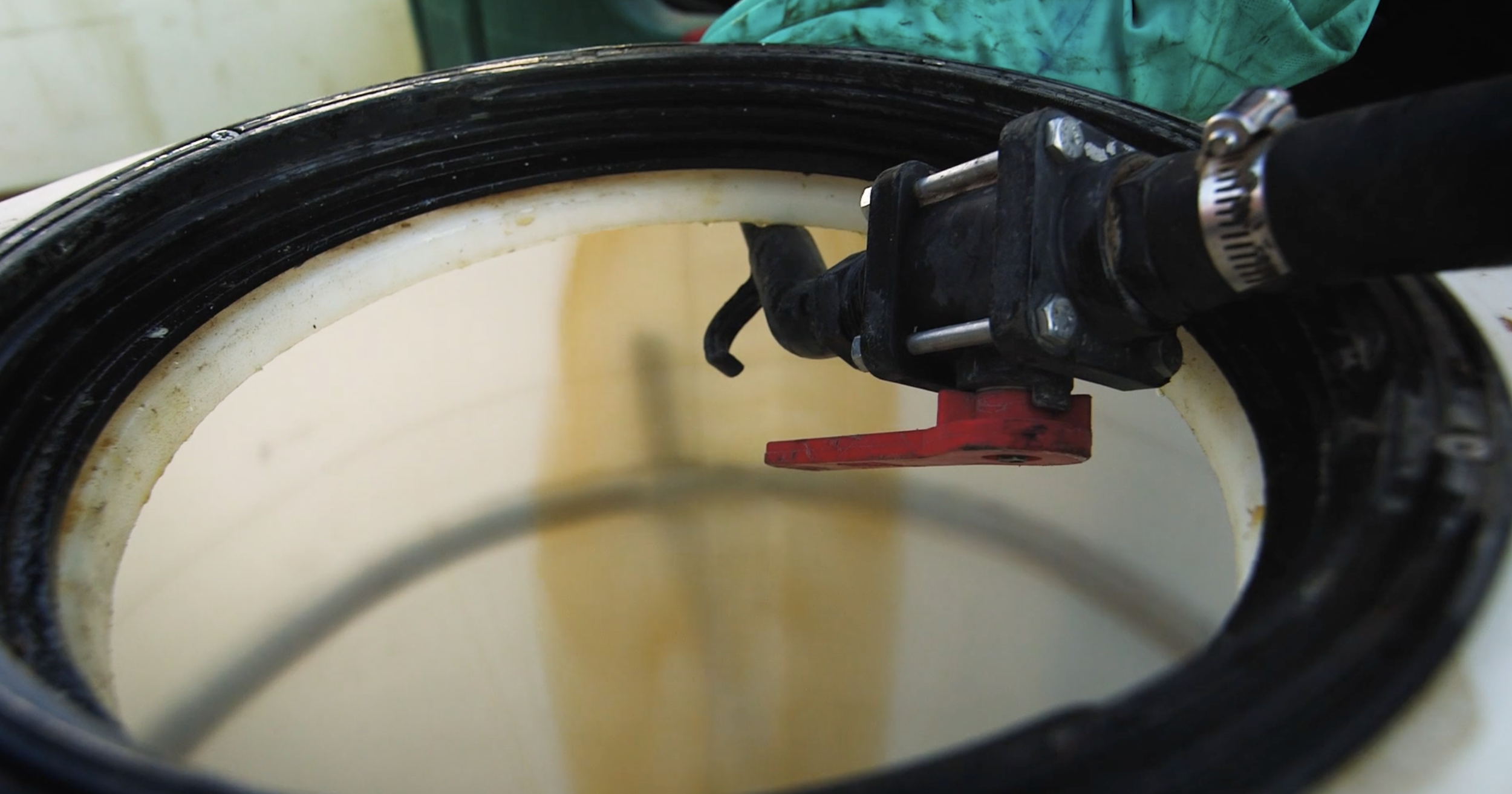How Farmers Apply Pesticides in Four Steps
We recently asked the question: What would you do if you drove by a field and saw a farmer spraying pesticides? If you missed it and want to know more, read this. We hope you give the farmer a friendly wave as you drive by. They have your family’s safety in mind.
Today, we go behind the scenes to learn about pesticide application on the Casper family farm near Lake Preston. There’s a lot that goes into making sure crop protection products are applied in an effective and safe way before they even get to the field.
Let’s take a look:
Step 1: Put Safety First
Safety comes first for Paul Casper and his family who grow about 4,500 acres of soybeans and corn near four South Dakota lakes. “We take spraying more seriously than planting and harvesting,” he said. “It’s about being a good neighbor, making sure our children and grandchildren are safe, and growing healthy food we can all feel good about eating.”
Being safe includes having the right certification to apply pesticides, using protective gear when handling and spraying products, and knowing the right amount and time to apply. Paul’s sprayer even has a cab shield so his granddaughter, Madi, can ride along with her dad, Drew, in the field.
According to Paul, many of the products and safety practices he uses are no different than avid gardeners, just on a larger scale. In fact, Paul’s wife, Korlyn, is a gardener who uses some of the same pesticides to protect her plants.
“We get bugs on our tomatoes and potatoes. If we didn’t use pesticides, our fruits and vegetables would be eaten up,” explained Paul. The whole family enjoys grabbing healthy snacks fresh from the garden. They just wash them first to eliminate any dirt, microbes and pesticide residues.
Step 2: Identify the Pest and Solution
The Caspers may be certified to apply all types of pesticides on their crops, but just because they can, doesn’t mean they do. First, Paul and Drew employ crop rotation, minimal tillage and use GMO seeds to try to prevent problems before they start.
“I’d rather treat a specific problem and take care of it early instead of applying pesticides to growing crops in the middle of the summer. GMOs help us be more precise and efficient with crop protection products and still grow healthy plants,” said Paul. Scouting fields regularly also helps them identify and deal with issues early.
This year, a weed known as marestail invaded their crops. Paul and Drew had to act fast to control it and talked with their crop consultant about solutions. He helped them identify the weed and recommended a contact herbicide that absorbs quickly to maximize application safety, but before they can apply it, they have to wait for the right weather conditions.
Step 3: Wait for the Right Weather
The ideal day to spray pesticides is dry and warm with wind speeds less than 15 miles per hour and no rain in the immediate forecast. Humidity should be between 50 and 60 percent and outside temperature no greater than 90 degrees. This helps keep the spray from staying in the air and drifting into different areas.
If the weather conditions aren’t right, Paul and Drew wait for another day to spray. “It’s just not worth taking a chance,” Paul said.
Step 4: Mix With Water and Apply
Once all the conditions are right, it’s time to transport the bulk pesticide product to the farm, mix it with water in tanks and pump it into the sprayer. Then they head out to the field to apply.
For the marestail herbicide, Paul and Drew combine approximately 18 gallons of herbicide with 1,000 gallons of water and a special soy-based product that helps the pesticide adhere to plant leaves and absorb better and faster. This mixture protects approximately 70 acres of crops. That may sound like a lot, but it turns out the actual amount of pesticide applied to an acre of land might be much less than you think.
“It’s about the size of a medium latte spread over an area the size of a football field. Most of what you see being sprayed on the field is water,” explained Paul. The water truck stays with the sprayer and can cover 500 acres per fill.
According to Paul, the sprayer is the best piece of equipment they own. Not only does it have safety features that protect his family, it’s also equipped with precision technology to protect the families who live around his farm. We’ll take closer look at it in our next blog.






